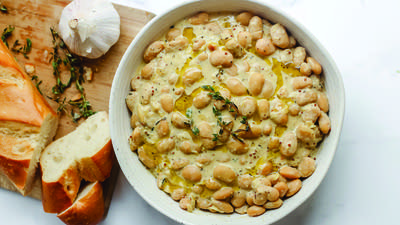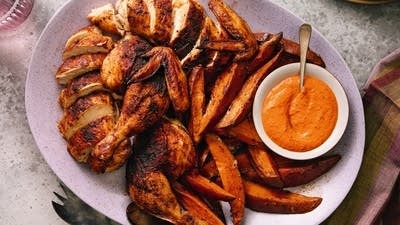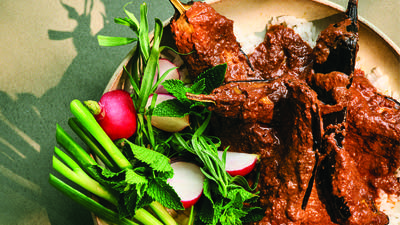Steve Jenkins says cheese can be classified into the following varieties:
Fresh: Uncooked and unripened cheeses such as Italian Mascarpone, cream cheese, and French fromage blanc made right after the milk has turned to curd.
Fresh Ripened: The easiest cheeses to make, they are fresh, white, and have no rinds. Examples are Chèvre, Boursin, and Ricotta Salata.
Soft-ripened: These "bloomy rind" cheeses are inoculated at the curd stage. Examples include Brie and Camembert.
Washed Rind: The outside rind of these "smelly cheeses" has been wiped with a liquid such as wine, beer, or brandy. They can be up to 3 months old and Steve thinks these are the great cheeses of the world. Examples are Pont le Vec, Liverot, and Gorgonzola.
Semi-soft: Chaume and Fontina are examples of this variety.
Semi-firm: Appenzella and Swiss cheese are included in this variety.
Hard: These cheeses are generally aged for 2 1/2 to 4 years and are pressed with weights during the aging process to extract the whey. Common examples include Parmigiano-Reggiano and aged Cheddars.
Note that goat cheese and sheep cheese are not categories unto themselves!
Before you go...
Each week, The Splendid Table brings you stories that expand your world view, inspire you to try something new, and show how food connects us all. We rely on your generous support. For as little as $5 a month, you can have a lasting impact on The Splendid Table. And, when you donate, you’ll join a community of like-minded individuals who love good food, good conversation, and kitchen companionship. Show your love for The Splendid Table with a gift today.
Thank you for your support.
Donate today for as little as $5.00 a month. Your gift only takes a few minutes and has a lasting impact on The Splendid Table and you'll be welcomed into The Splendid Table Co-op.



